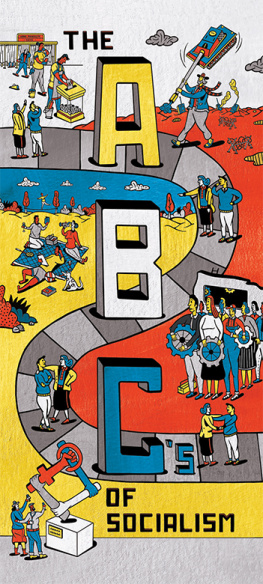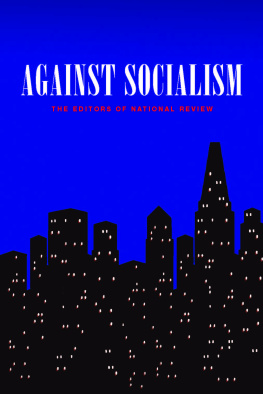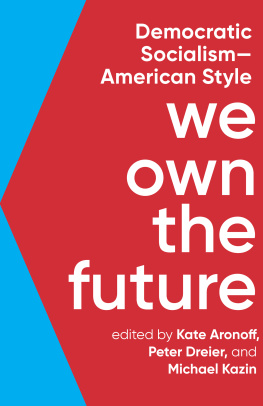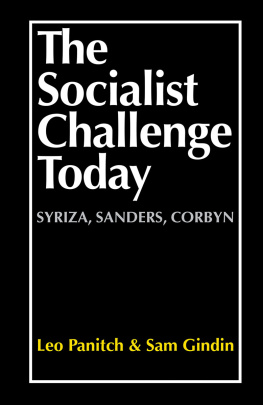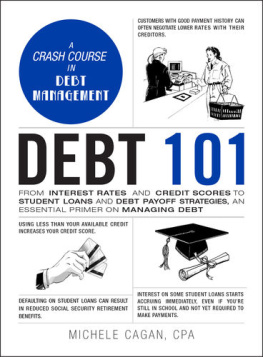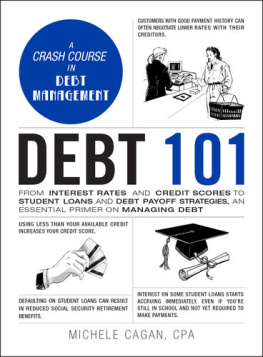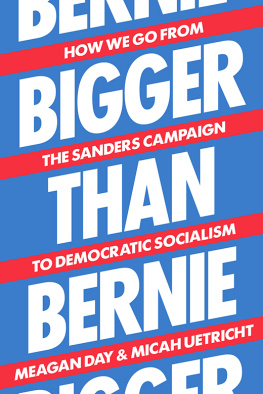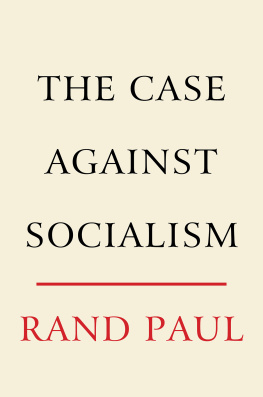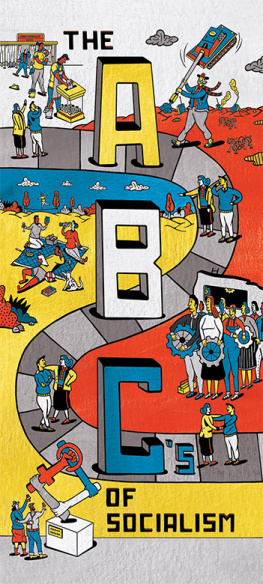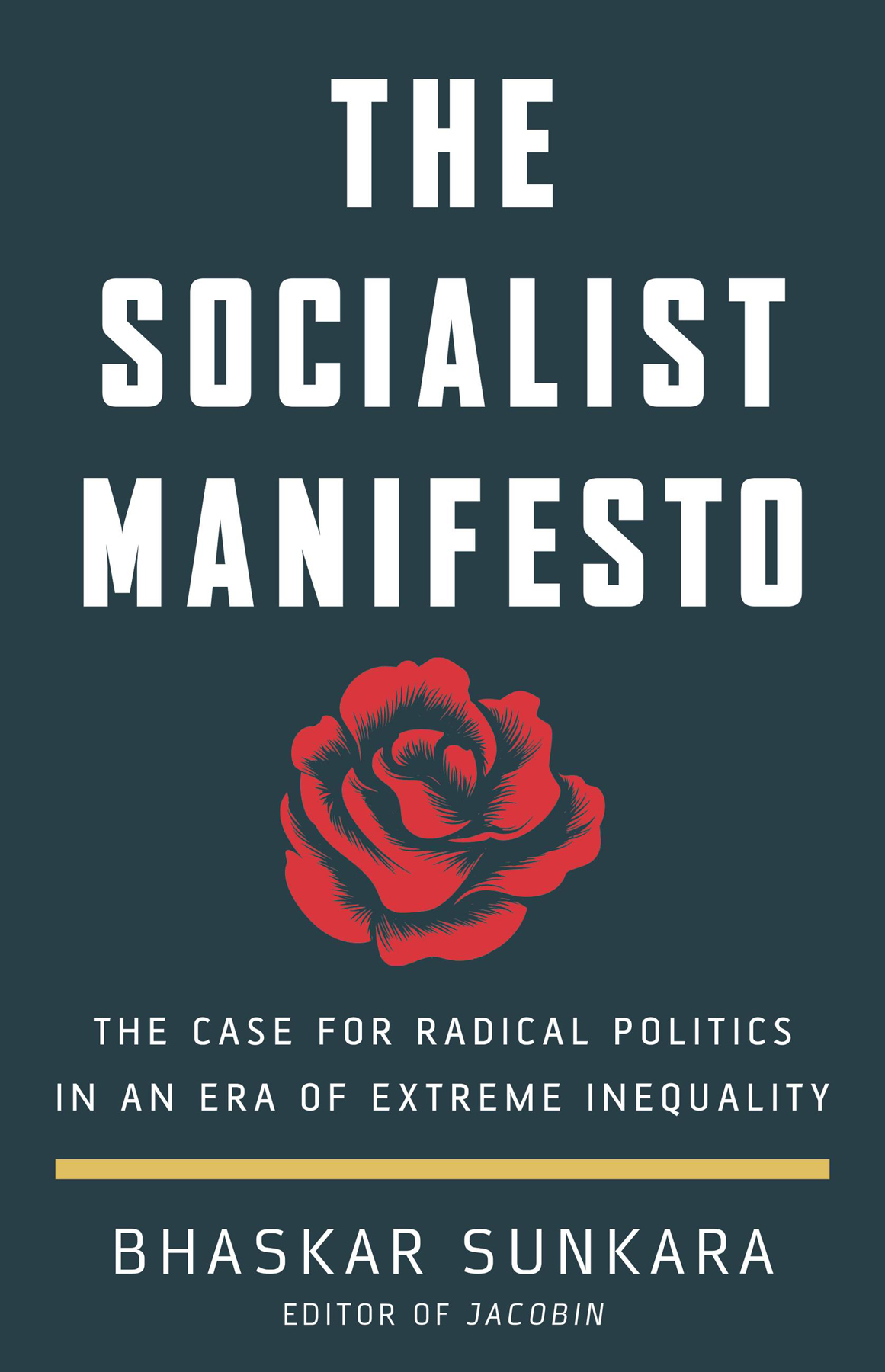Copyright 2019 by Bhaskar Sunkara
Cover design by Ashley Caswell
Cover image Vectortatu/Shutterstock.com
Cover 2019 Hachette Book Group, Inc.
Hachette Book Group supports the right to free expression and the value of copyright. The purpose of copyright is to encourage writers and artists to produce the creative works that enrich our culture.
The scanning, uploading, and distribution of this book without permission is a theft of the authors intellectual property. If you would like permission to use material from the book (other than for review purposes), please contact permissions@hbgusa.com. Thank you for your support of the authors rights.
Basic Books
Hachette Book Group
1290 Avenue of the Americas, New York, NY 10104
www.basicbooks.com
First Edition: April 2019
Published by Basic Books, an imprint of Perseus Books, LLC, a subsidiary of Hachette Book Group, Inc. The Basic Books name and logo is a trademark of the Hachette Book Group.
The Hachette Speakers Bureau provides a wide range of authors for speaking events. To find out more, go to www.hachettespeakersbureau.com or call (866) 376-6591.
The publisher is not responsible for websites (or their content) that are not owned by the publisher.
Library of Congress Cataloging-in-Publication Data
Names: Sunkara, Bhaskar, author.
Title: The socialist manifesto : the case for radical politics in an era of extreme inequality / Bhaskar Sunkara.
Description: New York, NY : Basic Books, 2019. | Includes bibliographical references and index.
Identifiers: LCCN 2018039872 (print) | LCCN 2018055833 (ebook) | ISBN 9781541674004 (ebook) | ISBN 9781541617391 (hardcover)
Subjects: LCSH: Socialism. | SocialismUnited States. | Equality. | EqualityUnited States.
Classification: LCC HX73 (ebook) | LCC HX73 .S86 2019 (print) | DDC 320.53/10973dc23
LC record available at https://lccn.loc.gov/2018039872
ISBNs: 978-1-5416-1739-1 (hardcover), 978-1-5416-7400-4 (ebook)
E3-20190321-JV-NF-ORI
For my brothers and sisters, Jayaa, Priya, Sumant, and Sunil
I TS OBVIOUS THAT things are changing. When I was in high school and I told people I was a socialist, they looked at me as if I were crazy. When I tell people Im a socialist today, they just nod and go about their daynot a hint of physical revulsion.
I discovered socialism largely by chance. My parents immigrated to the United States from Trinidad and Tobago with four children shortly before I was born. My mother worked nights as a telemarketer, my father, a declassed professional, eventually as a civil servant in New York City.
After hopping around for a bit, they rented in a suburban town with a good school district. Even though we didnt have much, I had enougha decent home, a great education, basketball courts, and a public library where I spent way too much of my youth. My life was far more comfortable than the world my parents were born into, or even that of my older siblings. It was clear to me whycertainly the tireless efforts of my family, but even more than that, the environment around me. And that environment wouldnt have been possible without the state.
We have social democracy in the United Statesbut its exclusionary and funded by regressive property taxes (renting, in my parents case, was a bit of a loophole). Even at the age of thirteen, I saw the difference that access to quality public goods made and thought of myself as a committed liberal, in the best American sense.
My turn to socialism may have been organic, but it certainly wasnt an awakening. Like many a middle-class kid before me, I found radicalism through books. My local library had heaps of socialist literature, most of them donated by red diaper babies and Jewish cultural associations. By chance, I picked up Leon Trotskys My Life the summer after seventh grade, didnt particularly like it (still dont), but was sufficiently intrigued to read the Isaac Deutscher biographies of Trotsky, the works of democratic socialist thinkers including Michael Harrington and Ralph Miliband, and eventually the mysterious Karl Marx himself.
I hear from people who say theyre socialists in their hearts but, growing pragmatic with time, moderate liberals in their heads. I might have been the opposite. I saw the importance of day-to-day reforms and was myself the beneficiary of those victoriesMarxism, though, was in my head. The 9/11 attacks and the subsequent war on terror only reinforced these tendencies, as I and many people of my generation were introduced to mass protest through the antiwar movement.
Marxism provided a framework for understanding why reforms won within capitalism were so hard to sustain and why there was so much suffering in societies filled with abundance. I eventually combined my social-democratic heart and my still inchoate Marxist brain into the politics I espouse today: a radicalism that is aware of the difficulty of revolutionary change and, at the same time, of how profound the gains of reform can be.
What follows is a book I wanted to write when I was 68. Im writing it forty years too soon, and I may one day want to revise much of it. What I am certain about is that we live in a world marked by extreme inequality, by unnecessary pain and suffering, and that a better one can be constructed. That conviction wont change, unless the world doeswhich is to say, unless we are able to change it.
Our current politics dont seem to offer much of a future at all. The choice before us appears to be between, on the one hand, a technocratic neoliberalism that embraces the rhetoric of social inclusion but not equality and, on the other, a right-wing populism channeling anger into the worst directions. To be a socialist today is to believe that more, not less, democracy will help solve social illsand to believe that ordinary people can shape the systems that shape their lives.
I M WRITING THIS book in 2018, so if youre picking up a dusty copy some day in the future, you should know that Jon Bon Jovi is the most popular and critically acclaimed musician of this era. With that in mind, lets try a thought experiment.
Say youre a big Bon Jovi fan (and really, why wouldnt you be?). Youre looking for a job, and you write Jon Bon Jovi a letter with your resume attached, and hes kind enough to give you a reference to work for his familys pasta sauce company. Now, as contemporary readers will no doubt know, Bongiovi Brand pasta sauce is widely regarded as the finest pasta sauce. You take your position there bottling such Italian American favorites as Classic Curry sauce with great pride.
Youre paid $15 an hour and work from nine to five every day. Its not great, but you have bills piling up and weird hobbies to pay for. Its certainly better than being unemployed and stealing Wi-Fi from your neighbor Fred, a twice-divorced pediatrician who cried at the end of


